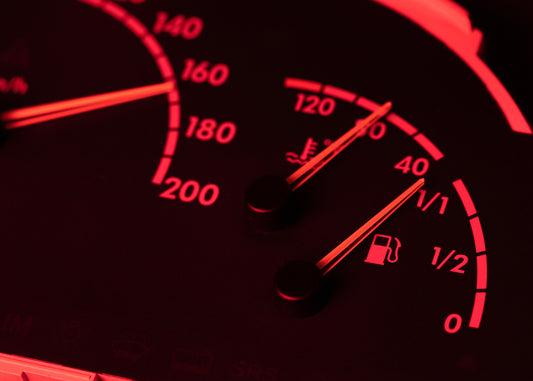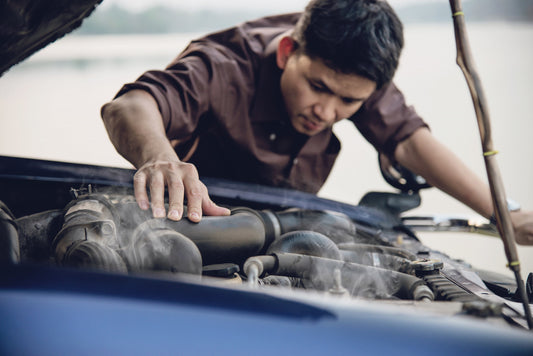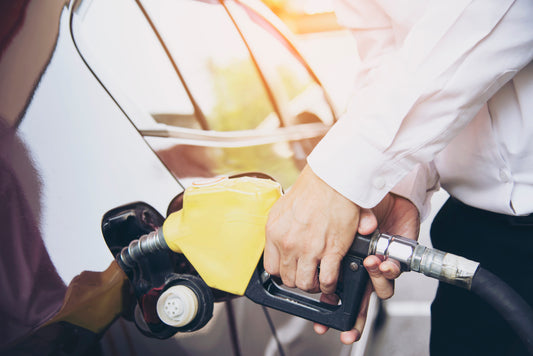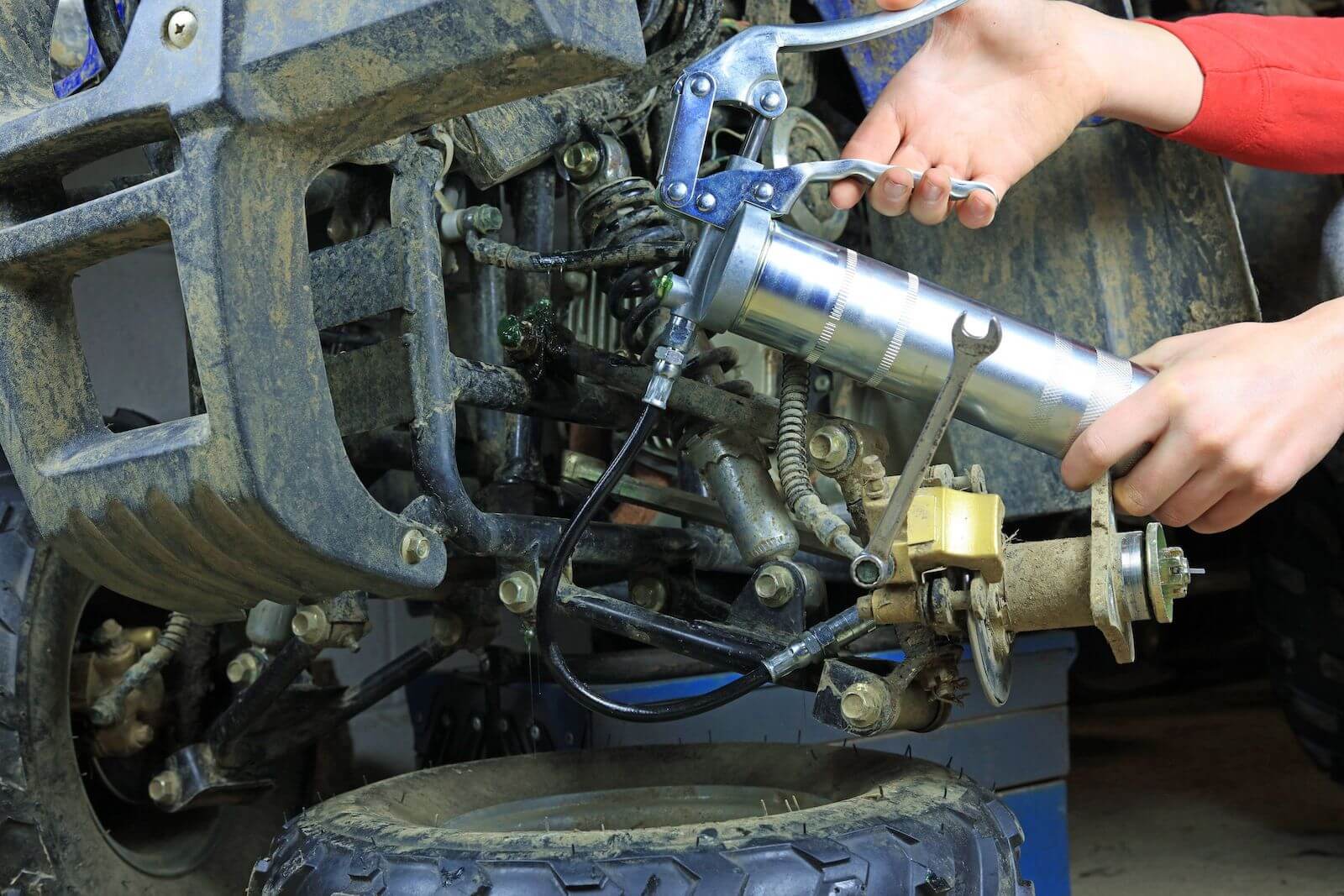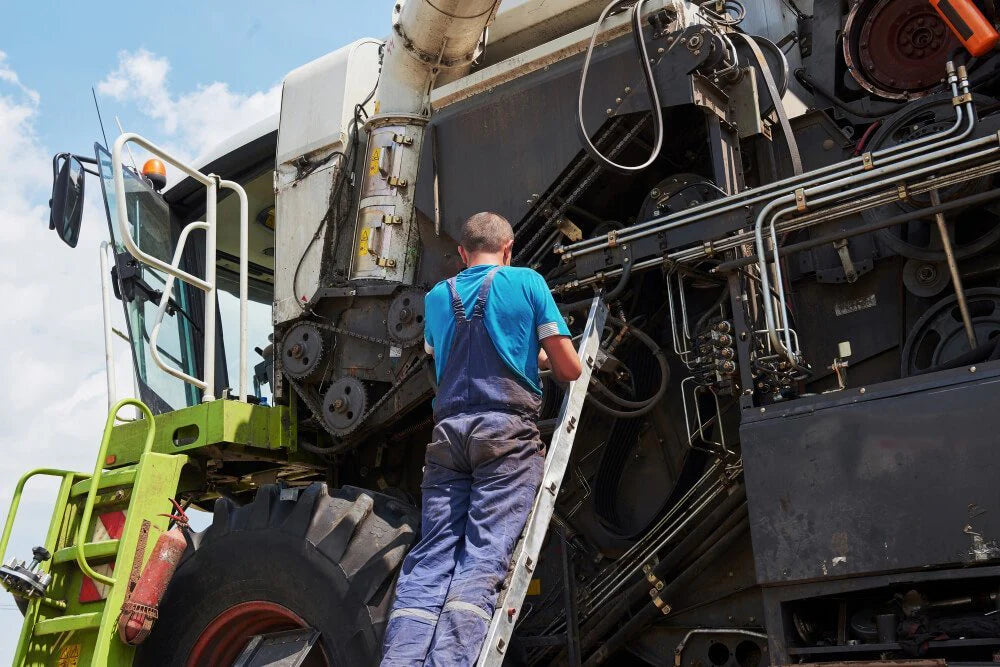In the past 5 years RV, camper, and Travel Trailer sales have skyrocketed as many Americans are choosing to take to the road and explore this great country in style and comfort. And while the COVID-19 pandemic increased camper sales the American camping craze started decades ago in the 1950s.
In many ways, camping and RV life is a truly American experience as we take to the trails not unlike our ancestors took to the trails in their covered wagons (although the cheapest modern camper is nicer than the most advanced home in the 1800s—but don’t worry camping is still “roughing it”).
Our huge country with its diverse scenery and a wide blend of foods, ethnicities, and cultures is like no other country or place on Earth and camping is a great way to experience it with freedom and independence.
Freedom and independence are the two biggest reasons people love camping. No long lines, no airport congestion, if you end up in a place that doesn’t fit your desires simply take the road a bit further to find your personal paradise.
Yet, in recent years high gas prices and soaring inflation have taken some of the freedom out of camping as the cost can be a big limiting factor on how far you can travel and for how long.
However, regardless of fuel prices or inflation, the biggest cost with RV life and camping can come from unexpected repairs. Therefore, it is important to remember to protect your investment and maintain your RV, camper, or travel trailer because they can be expensive to repair and extremely hard to replace due to shortages.
Maintaining your camper will depend on what type of camper it is –Motorhome, 5th wheel camper, travel trailer, etc. Each will come with its own specific maintenance needs but for this blog, we are going to discuss the general need to know camper maintenance tips.
These tips will accommodate nearly all campers and are a collection of hard-learned lessons from both new and seasoned RV road warriors.
Let’s start on the outside of the camper first!
Get your Shine On
Paint is the armor of your camper and protecting the paint will help protect everything inside the camper. A lot of people new to camping forget to wash and wax their campers, mainly, because they do not have to wash and wax their homes.
However, it is important to remember that (unlike a house) a camper is flying down the road at 70mph in all kinds of weather and conditions. Bugs, sand, salt, and UV light will all take a toll on a camper’s exterior, and to prevent long-term damage it is crucial to wash and wax your camper’s exterior.

Don’t forget to wash the mirrors, clean the windshield, and polish the chrome, and while you are washing/waxing inspect the seams, seals, and calk lines that keep your camper watertight! Seals and calk lines will be wherever two pieces of material meet and stop water from getting between the two materials, they are like glue and may be a variety of colors.
Bonus: A washed, and waxed camper has less wind resistance and therefore better fuel mileage, so this tip is a money saver for multiple reasons!
Run a Tight Ship
Check the lugs nuts on your wheels and make sure they are tight. If they loosen up while driving, it could cause damage to your tires and wheel bearings.
The lug nuts are located on the metal rim of the wheel and hold the wheel onto the axle. So, checking these are tight is super important!
Most often a loose lug nut is a result of improper tightening during assembly from the factory or during tire or brake replacement making it extra important to check lug nuts when you buy a camper and after any wheel-related maintenance. You do not want your wheels coming off!!
Don’t get Deflated
Check your tire pressure regularly, especially if you’re driving through different elevations. If you notice a drop in pressure, don’t just ignore it — check your tires for damage or leaks.

Having the correct tire pressure is crucial for several reasons:
- Tires that are properly inflated will wear properly and increase the lifespan of the tire.
- Tires with the correct air pressure will help the camper drive and trail straight. If one tire is over or under-inflated, it will cause the camper to trail or pull to one side while going down the road.
- Tire pressures are recommended by the OEM to help achieve the best fuel mileage and lifespan so this simple tip will also save you money down the road (pun intended).
Lubricate the Electric Slide
The slide-outs on a camper allow the living space to be much bigger when parked but not over width on the road. While slide-outs have been a huge upgrade for campers and RVs, they can also be the source of a lot of frustration if they are not maintained. Nothing is more aggravating than a slide-out that won’t go out or worse yet, won’t go back in!
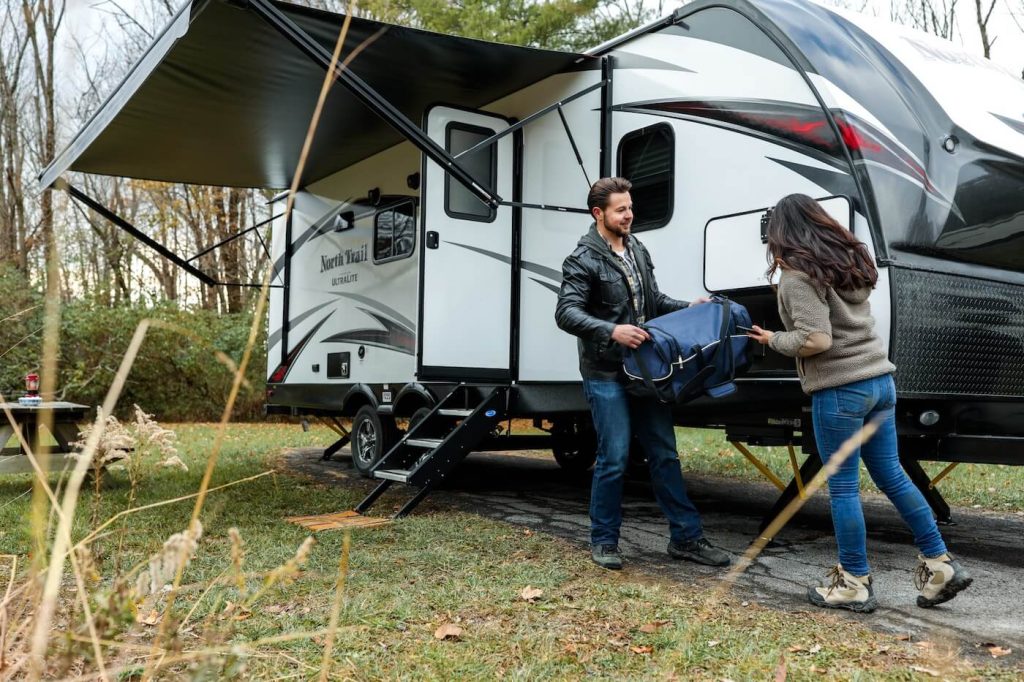
To minimize frustration, keep the slides lubricated, and check your owner’s manual to find out exactly where to lubricate. Use a lubricant that won’t evaporate, drip, or drop off, and is rated for high pressures. An excellent slide lubricant is Wagner Universal Ceramic Spray/Chain Lube.
It is a highly adhesive, high-pressure, long-lasting lubricant that both lubricates and protects surfaces from rust and corrosion. It is also rubber neutral so it will not harm rubber or plastic surfaces and it is clear in color so it will not stain surfaces or leave unsightly oil spots.
Pro tip: Before operating the slides check on the outside to make sure they will not hit anything and check on the inside for obstructions before putting slides in! Obstructions in the slideway can cause thousands of dollars of damage in seconds.
Keep your Wheels Spinning
Greasing the wheel bearings and suspension is probably the most important quick maintenance tip as it literally is the difference between getting to your destination or doing a little roadside camping and repair. Refer to your owner’s manual to locate all the zerk fittings and identify how often they need to be greased.

The best grease for RVs, campers, and travel trailers is lithium or calcium grease with good water resistance and a drop temperature above 475 degrees Fahrenheit. Traditional grease guns are very messy and often result in grease leaking out of the gun or tube and into the storage space.
For this reason, most camping enthusiasts prefer the mess-free lube-shuttle® grease gun and grease. Lube-Shuttle® grease guns use a thread in a cartridge that doesn’t leak and will work every time you need to grease.
They also make a Lube-Shuttle®: Travel Trailer Greasing Kit specifically for RVs, campers, and travel trailers that includes everything you need to grease:
- Pistol Grip grease gun with a 20-inch hose.
- safeLOCK locking grease coupler.
- 90-degree coupler to reach hard to get to zerk fittings on suspensions.
- 2 tubes of LI400 High pressure, High-Temperature Grease that is designed for maximum protection and features nanotechnology to further enhance lubrication and resist corrosion!
Final Words!
Use these great tips to beat inflation and rising repair costs by staying ahead of the maintenance on your RV, camper, or travel trailer.
Remember that a little maintenance is the difference between having a relaxing road trip and having a trip full of frustrations and unforeseen expenses. Enjoy the camping life this summer and travel safely.


